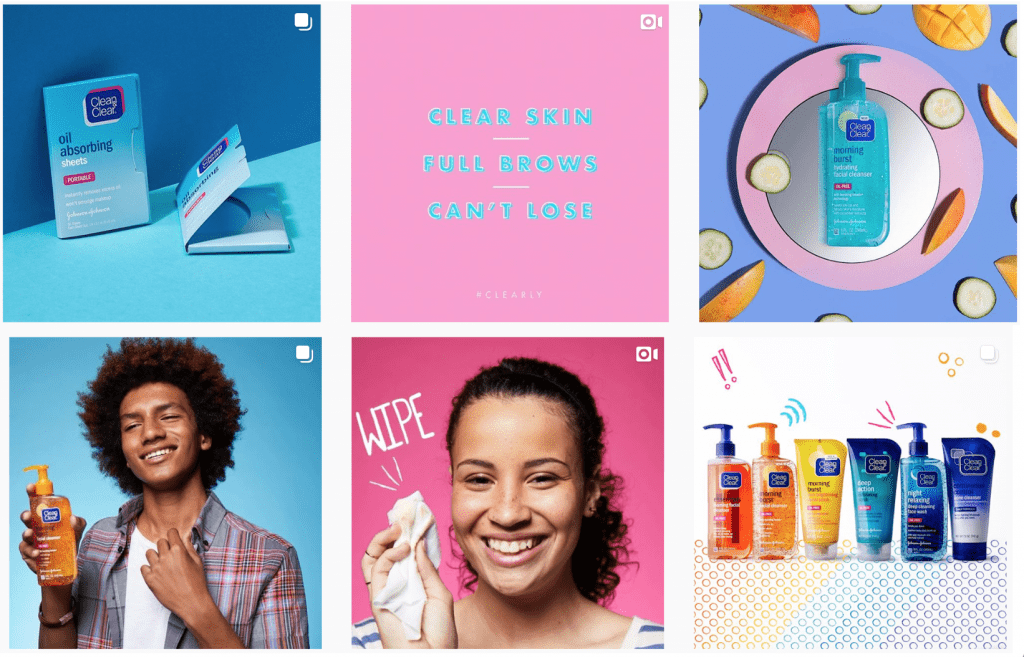Johnson & Johnson says it will stop manufacturing a range of skin-whitening products, which it has been selling by way of its Clean & Clear and Neutrogena brands. The multinational consumer packaged goods company announced on Friday that it will bring its Clean & Clear Fairness line of products to a halt, according to Reuters, after such products – which are particularly popular among consumers in Asia and the Middle East – “have come under renewed social pressure in recent weeks amid a global debate about racial inequality.”
“Conversations over the past few weeks highlighted that some product names or claims on our dark spot reducer products represent fairness or white as better than your own unique skin tone,” a spokesman for Johnson & Johnson said, referring to Clean & Clear’s “Fairness” line of products, which is marketed as capable of “lightening and brightening your skin,” as well as its recently-discontinued Neutrogena “Fine Fairness” collection. “This was never our intention – healthy skin is beautiful skin,” the company asserted.
The recent ban by Johnson & Johnson – which says it will “no longer produce or ship,” but which “might still appear on store shelves until stocks run out,” per Reuters – comes amid a larger push against the sale of such products, which, according to the World Health Organization can cause liver and kidney damage, and cancer, as well as “anxiety, depression or psychosis and peripheral neuropathy.” As of late 2018, Rwanda put its foot down on the widespread sales of skin bleaching products, banning all sales and non-medical uses of skin bleaching creams after first cutting down on the use of certain products, such as those that include topical skin-bleaching agent hydroquinone, in 2016.
In implementing such a ban, Rwanda followed in the footsteps of Ivory Coast and Ghana, both of which had previously banished legally-accessible skin-lightening creams from their markets.
Meanwhile, Somali-American activists decided to take on the sale of skin-lightening products by Amazon, as members of the non-profit The Beautywell Project teamed up with the Sierra Club to convince the online retail giant to stop selling whitening products that contain mercury. As of this spring and after more than a year of protests, “This coalition of antiracist, health, and environmental activists persuaded Amazon to remove some 15 products containing toxic levels of mercury,” thereby putting what Lynn M. Thomas, a Professor of History at the University of Washington, calls “a small but noteworthy dent in the global trade in skin lighteners, estimated to reach $31.2 billion by 2024.”













